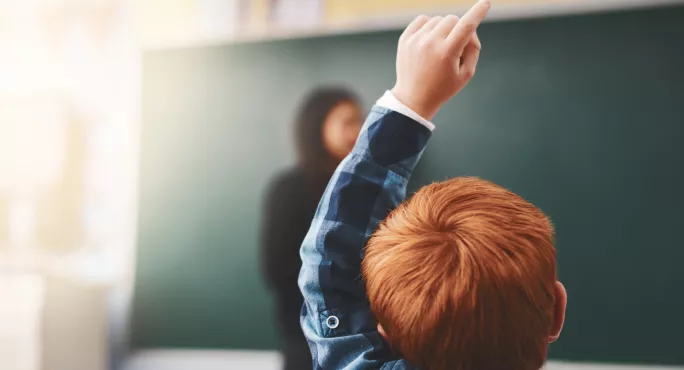Over half of classrooms worldwide were seen as overcrowded by teachers before the outbreak of coronavirus, according to data drawn from the Trends in International Mathematics and Science Study (Timss).
Researchers said the findings raise “worrying questions about how effectively schools will be able to maintain a degree of social distancing when they reopen.”
The director of the International Association for the Evaluation of Educational Achievement, which runs Timss, said schools and policymakers should “not ignore” the findings as they plan to reopen schools.
News: Student bulge will lead to more crowded secondaries
Timss: At-a-glance tables reveal the world’s top-ranked countries in maths and science education
Long read: What is it like in Denmark’s reopened schools?
In the most recent 2015 Timss study, which assesses the scientific and mathematical skills of 10- and 14-year-old pupils, teachers were asked to what extent they agreed that there were too many pupils in classrooms.
For teachers of 10-year-olds, 62 per cent either agreed or strongly agreed that classes were overcrowded across 47 countries.
And two-thirds of teachers of fourteen-year-olds - 66 per cent - agreed that there were too many pupils in classrooms, across 39 participating countries for this age range.
The IEA executive director, Dr Dirk Hastedt, said schools should not ignore these findings as they prepared to reopen during the coronavirus outbreak.
Dr Hastedt said: “Unsurprisingly, there was a lot of variation in responses between the countries taking part in the study, but well over half of teachers in most of the countries reported that they agreed to some extent that class sizes were too large.
“This is something schools, and just as crucially, policymakers, should not ignore as they draw up their plans to reopen schools.
“This data was collected in 2015, when the world looked very different to now. Even the data for our Timss 2019 cycle, which will be released this coming December, was gathered in a time where schools and policymakers did not have a global pandemic on their minds. Nevertheless, these data are always of vital importance when ensuring that education is not just maintained, but improved.”
He added that across the 47 countries the IEA had data for, 86 per cent reported they placed a high or very high emphasis on handwashing, “something that bodes well for hygiene levels in the reopening schools”.




